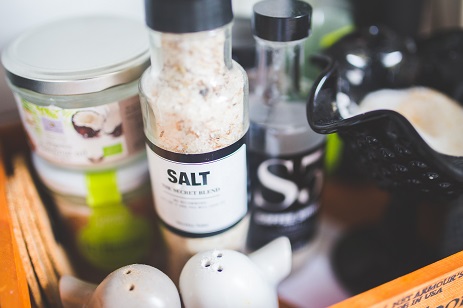Research funded by the National Research Foundation (NRF) has found that salt restriction legislation implemented in South Africa in 2016 is effective.
The research found that the salt intake among young South Africans reduced by 1.5 grams per day after the legislation to restrict the sodium content in a range of processed food was implemented.
South Africans are at risk of developing a number of health problems because of the high salt intake. The South African Heart and Stroke Foundation says the average South African eats between 6 and 11 grams of salt per day well above the limited 5 grams recommended by the World Health Organisation (WHO).
CEO of South African Heart And Stroke Foundation Professor Pamela Naidoo says, “Excessive salt consumption is strongly associated with raised blood pressure. High blood pressure is one of the main risk factors for heart disease and strokes…”
Despite the known health implications of salt, many South Africans still fail to maintain low salt diets.
Individuals have been advised to mind and reduce their salt intake and seek healthy eating habits.
Professor Lebo Gafane-Matemane of the University of North West’s Physiology-Hypertension in Africa research team says, “Individuals can reduce their salt intake by following healthy eating habits such as reducing the amount of salt that is been used during meal preparation or replacing salt all together and also avoid putting additional salt to prepared meal. Also generally avoid processed and fast food and eating out, in that way people can regulate how much salt they consume and by reducing the salt they consume that will eventually reduce the chances hypertension and cardiovascular diseases.
Gafane-Matemane further highlights that health education at local clinics and hospitals should be prioritised, not forgetting awareness campaigns among local communities.
DISCUSSION: Dangers of high salt intake:
-Reporting by Kagiso Keipopele






